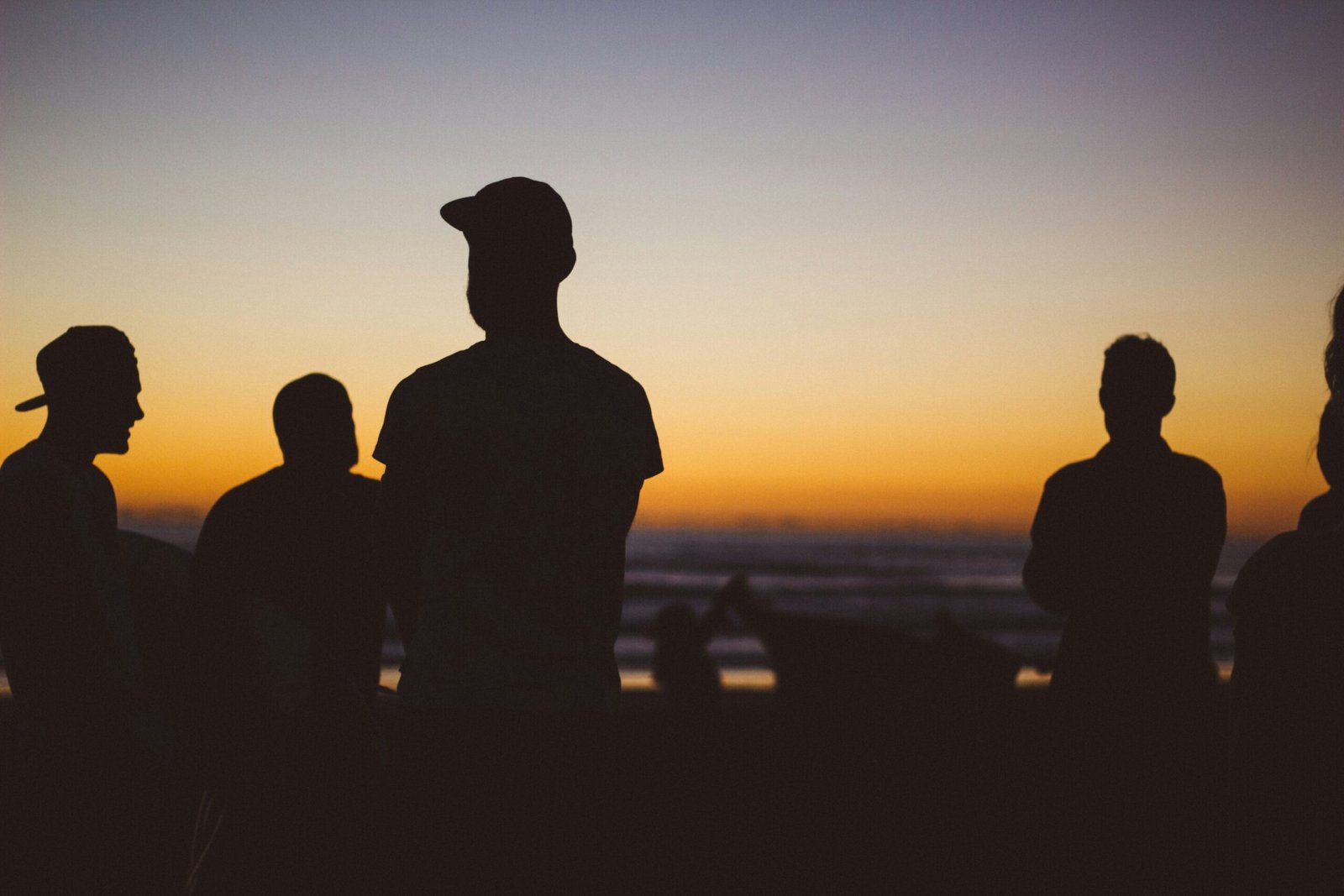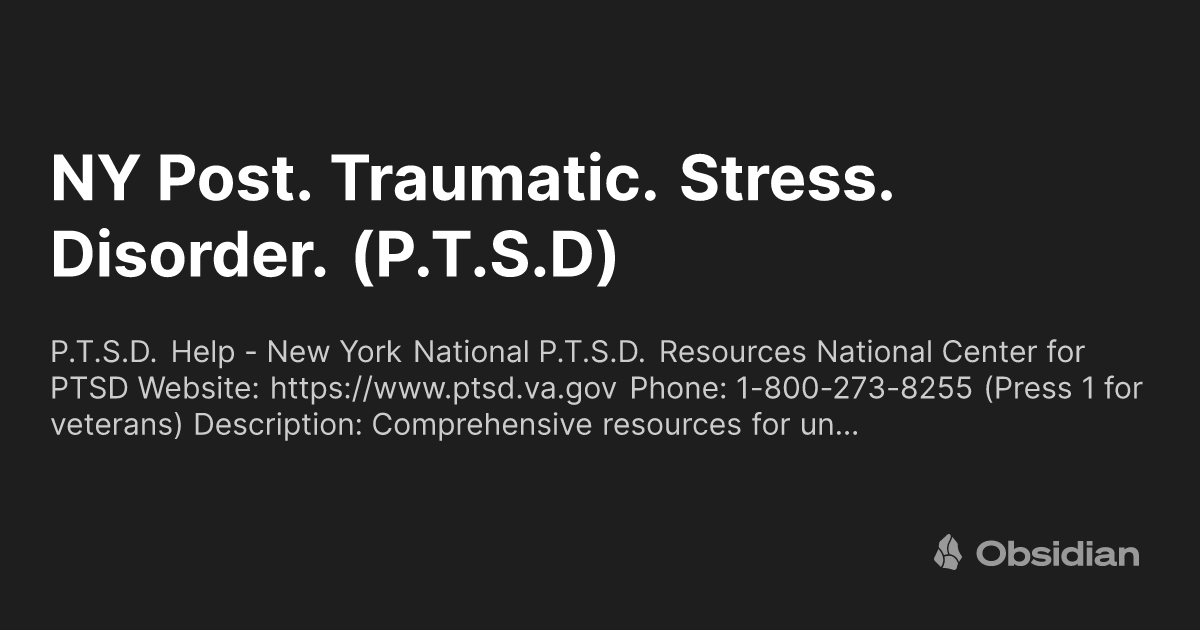A recent study from Reichman University in Israel examined the mental health effects on survivors of the October 7, 2023, terrorist attack at the Nova Festival, which resulted in nearly 400 deaths and left many others traumatized. Conducted three weeks post-attack, the research involved 343 survivors aged 18 to 64 who completed psychological questionnaires detailing their mental health status and any psychoactive substances consumed before and during the festival.
The study highlighted a notable difference in anxiety and PTSD symptoms between those who used classic psychedelics—such as psilocybin, LSD, mescaline, and 2C-B—and those who did not. Survivors who consumed these psychedelics reported an average anxiety symptom score of 1.38, compared to 1.90 among those who did not use psychedelics or used other substances like MDMA, cannabis, or alcohol. These findings remained consistent after adjusting for various factors, including age, gender, and previous psychiatric conditions.
Dr. Zohar Rubinstein, a researcher involved in the study, noted the unique opportunity presented by the Nova Festival as it allowed scientists to assess the immediate psychological responses in a real-world context, rather than a controlled laboratory setting. The willingness of survivors to participate in the study provided crucial data on how psychedelics can affect trauma responses in the early stages of symptom development.
Clinical psychologist Einat Karp Barnir, who volunteered in a healing space shortly after the attack, observed that many individuals who had taken certain substances showed milder symptoms of anxiety and PTSD. This observation contradicted claims in the media suggesting that substance use could exacerbate post-traumatic stress. This discrepancy prompted Barnir to collaborate with Dr. Rubinstein to further investigate the relationship between substance use and psychological outcomes following the attack.
The researchers emphasized that their findings do not advocate for unsupervised psychedelic use. Instead, they suggest that controlled, therapeutic applications of these substances may offer advantages in treating trauma-related symptoms. Prof. Rany Abend of Reichman University remarked on the courage of the survivors, stating that their experiences provide valuable insights into how psychedelics may influence the formation of traumatic memories and symptoms.
The study contributes to the growing body of literature on the mental health impacts of psychedelics, suggesting that these substances could play a role in reducing trauma symptoms. However, further research is necessary to explore the mechanisms behind these effects and to establish safe and effective treatment protocols. The findings appear in the Journal of Psychopharmacology and underline the urgency of addressing mental health in the aftermath of traumatic events.



